After two consecutive quarters of growth, Japan's GDP turned negative in the third quarter, due to weak consumption and business investment.
Figures released on November 15 showed that Japan's GDP fell 2.1% in the third quarter, larger than forecast. In the second quarter, Japan still grew 4.5%.
Japan's GDP contracted as consumption and exports declined, complicating the Bank of Japan's (BOJ) efforts to gradually ease monetary policy as inflation accelerates.
GDP figures also showed persistently high inflation was weighing on household spending. Inflation was also weighing on manufacturers, amid slowing global demand for goods.
"Without a growth engine, I wouldn't be surprised if Japan's economy continued to contract this quarter. The risk of falling into recession cannot be ruled out. Weak growth could prompt the BOJ to delay the end of negative interest rates," said Takeshi Minami, chief economist at Norinchukin Research Institute.
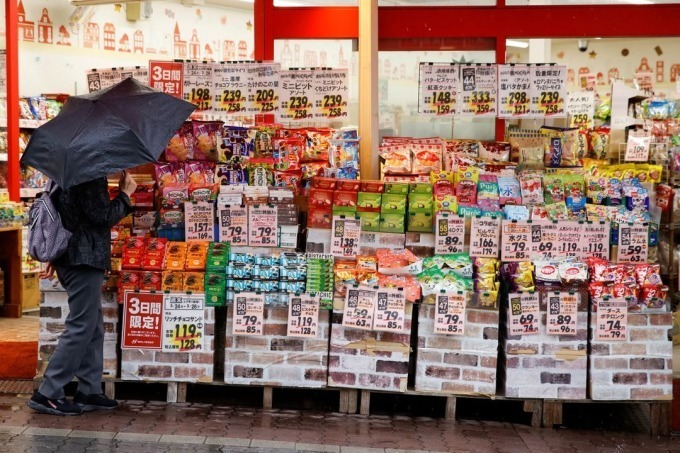
People shop at a store in Tokyo (Japan). Photo: Reuters
Japanese officials had hoped domestic consumption would offset falling demand from China and other countries. However, consumption was flat in the third quarter, after falling 0.9% in the previous quarter, compared with analysts’ forecasts of a 0.2% increase.
Business investment also fell 0.6% in the third quarter, the second straight quarter of declines, contrary to the BOJ's expectations that strong investment would support growth.
"The disappointing third-quarter figures are a warning that Japan is not out of the tunnel yet," said Stefan Angrick, an economist at Moody's Analytics.
He said rising exports, driven by autos and tourism , had helped underpin growth in the second quarter. “But now that trend has ended, exposing the weakness in domestic demand,” Angrick said.
Japan’s economy has been slow to recover from the pandemic. While a weak yen has boosted exporters’ profits, wages have not risen enough to offset inflation. Inflation-adjusted real incomes fell 2.4% in September from a year earlier, the 18th straight month of decline.
Japanese Prime Minister Fumio Kishida has repeatedly called on companies to raise wages. Japan has also recently announced a support package to help people during inflationary times. However, analysts are skeptical that these policies will be effective in stimulating the economy.
Ha Thu (according to Reuters)
Source link






![[Photo] Binh Trieu 1 Bridge has been completed, raised by 1.1m, and will open to traffic at the end of November.](https://vphoto.vietnam.vn/thumb/1200x675/vietnam/resource/IMAGE/2025/10/2/a6549e2a3b5848a1ba76a1ded6141fae)









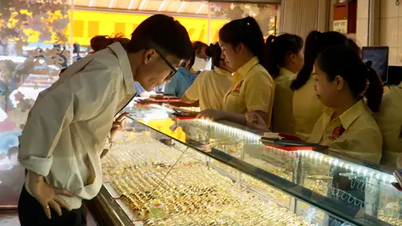

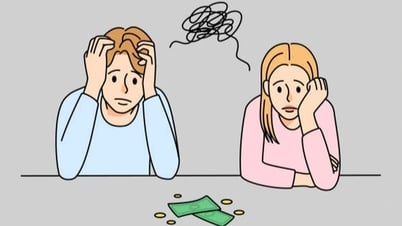
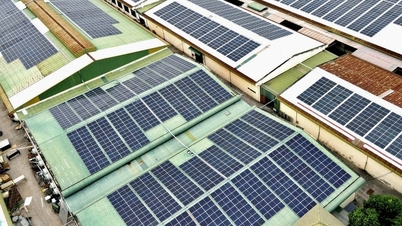




















































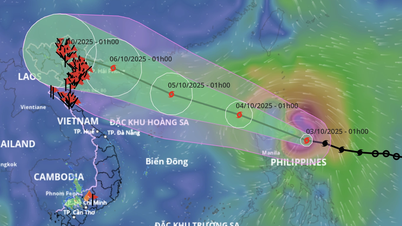


















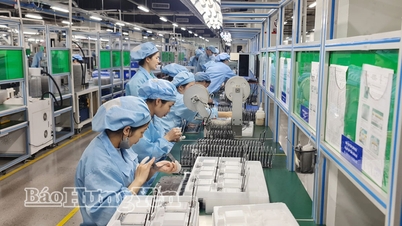














Comment (0)